On The Eve of Destruction: Music Of The Vietnam War
Ken Burns’ compelling documentary, ‘The Vietnam War’ explores one of the darkest hours in US history and the music that came out of it.
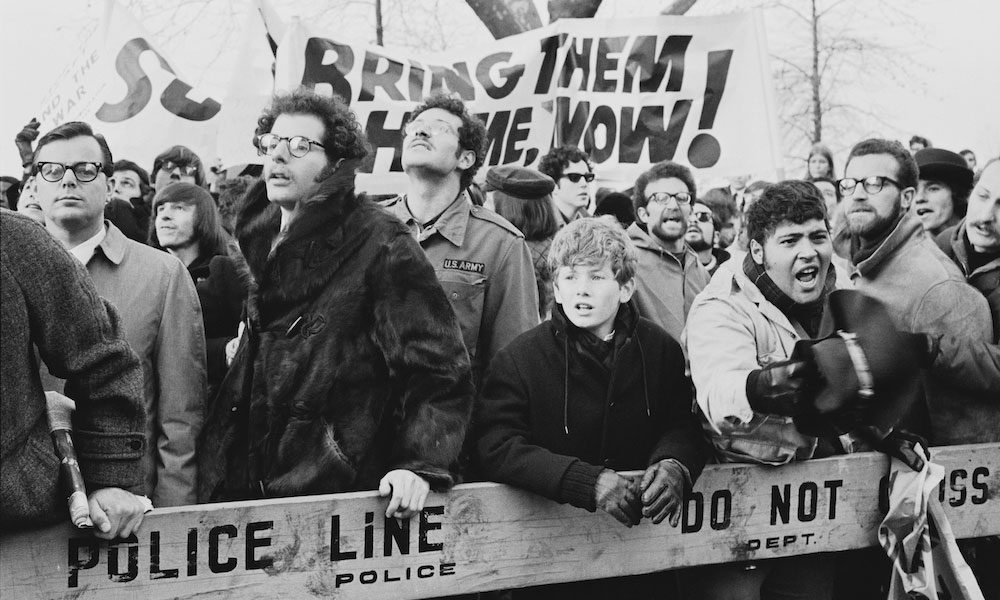
At the dawn of the new documentary age ushered in by Ken Burns’ Civil War series in 1990, America was coming to the end of the heavily jingoistic era, a time when backlash to the 1960s peace movement was at its peak. The steady hand Burns applied to the realities of hands-on combat between the abolitionist northern states and the southern states helped turn the tide of American thought back toward a more rational understanding of how history played out to create the present reality.
In this current political climate where facts get distorted and history forgotten, Ken Burns has delivered another compelling documentary. This time, it’s a 10-part series, The Vietnam War, about the conflict that brought about said peace movement. As with most Burns documentaries, the music speaks symbolically to uncover the shared identity of these times.
At the time Bob Dylan released his iconic songs “A Hard Rain’s Gonna Fall” and “Masters of War” on his legendary The Freewheelin’ Bob Dylan album in 1963, President Kennedy was doing what he could to stave off pressure for a larger involvement in the Vietnamese conflict, sending advisors over but not escalating. While the conflict officially started on November 1, 1955 , escalation would come after he was assassinated, when President Johnson assumed the presidency, and inherited the crisis in Vietnam.
The trust, and naiveté of the American public, still not 20 years away from defeating Fascism in World War II, can be clearly heard in Johnnie Wright’s ballad “Hello, Vietnam,” which now clearly explains the bill of goods being sold to mainstream America when escalation did finally happen in 1965. In a holdover from the McCarthy-era paranoia of the early 50s, “stopping the spread of communism” was being touted as a legitimate reason for US military involvement.
The real victims of this farce of course, were common American youths not only of draft age in 1965, but also children who for the following 10 years, would be coming of age during a war that seemed to have no logical end to it. An inordinate amount of minority youths from Latino and African American communities were being drafted to serve with disenfranchised whites from the middle of the country.
In Burns’ soundtrack, we hear the rhythm & blues of Wilson Pickett’s “Mustang Sally,” Howlin’ Wolf’s “Smokestack Lightnin” and The Temptations “Ain’t Too Proud To Beg,” the latter is a particularly poignant reminder of the desperation inherent to the era. The frustration with the seemingly never-ending war later embodied later by The Jimi Hendrix Experience on “Are You Experienced,” Steppenwolf’s “Magic Carpet Ride” and Creedence Clearwater Revival’s “Bad Moon Rising” which reminded listeners “don’t go around tonight, ‘cause it’s bound to take your life.”
The “secret language” that rock’n’roll had come to represent to youth culture during the mid-50s had developed to the point in which a folk singer such as Bob Dylan in 1965 could now be appropriated by bands with a dance-worthy beat. The Byrds’ represented the breakthrough of this elevated sense of lyric, as heard on their arrangement of Pete Seeger’s adaptation of biblical verse on “Turn! Turn! Turn! (To Everything There is a Season).” This was a record that during the very year of Johnson’s escalation, even adults could appreciate, with its coda of “a time for peace, I swear it’s not too late.” Who could not identify with that lyric, as most parents of that time could easily recall the horrors of World War II?
In the meantime, pop culture began to surround these questioning adult minds with verbal conjecture blaring out of their radios, televisions, and their own children’s turntables. It was easy to understand PF Sloan’s “Eve of Destruction” given the intensity in which Barry McGuire sang it over the airwaves. But it was another thing when Buffalo Springfield sang in that secret language, “There’s something happening here, what it is, ain’t exactly clear” within a chorus in which “Stop!” was the operative word. Stephen Stills had written the lyrics about the Sunset Strip riots, but also had in mind the stories his friends relayed to him about the Vietnam War.
Later, Neil Young would write, and record with Crosby, Stills, Nash & Young “Ohio,” about the Kent State shootings when the National Guard opened fire on unarmed college students at Kent State protesting the war. The Rolling Stones were able to relate the horror creeping into the streets of cities around the world in “Gimme Shelter,” showing how civilians were now feeling threatened at home by the people who were in fact being paid to keep them safe.
All of this had been called out first by the folk movement, especially on The Youngbloods 1967 hit “Get Together,” which was written by Chet Powers (later known as Dino Valenti, lead singer of Quicksilver Messenger Service) and first recorded in 1964 as David Crosby demo. Ironically it may have been Pete Seeger who best summed up the war situation with his controversial appearance singing “Waist Deep In The Big Muddy” on The Smothers Brothers Comedy Hour.
Censored by the network in 1967, Seeger then re-performed it on the show in 1968. The song graphically explained the futility of the Vietnam War best, by referencing history with a story about a 1942 platoon in which a captain ignores a Sergeant’s concerns, and drowns himself, and his troops in a river. The tale is akin to the 1956 Ribbon Creek incident, with Seeger making direct reference to the current war by incorporating phrases President Johnson had been using.
With no relief in sight, Marvin Gaye’s “What’s Going On” arrived in 1971 and brought the anti-war movement to the mainstream, Motown loving America. While Berry Gordy and most of the label fought against the release of the political song, Gaye fought for the song, motivated by the chilling war stories told by his brother Frankie who had returned from combat. Gaye not only gave voice to what was happening in Vietnam but also to the youth culture being targeted and attacked. Gaye would not be the first or the last musician to address pressing social issues through contemporary song.
In a sense, the Occupy Wall Street movement in more recent years had a similar reach, attempting to gather societal ills under one banner for a new youth movement to rally around. Time will tell what songs will become the next generations’ anthems that will symbolize their own turbulent times.
The soundtrack and score to The Vietnam War: A Film By Ken Burns And Lynn Novick can be bought here.







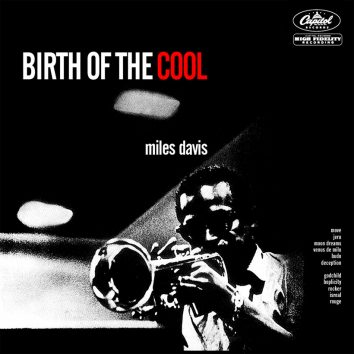
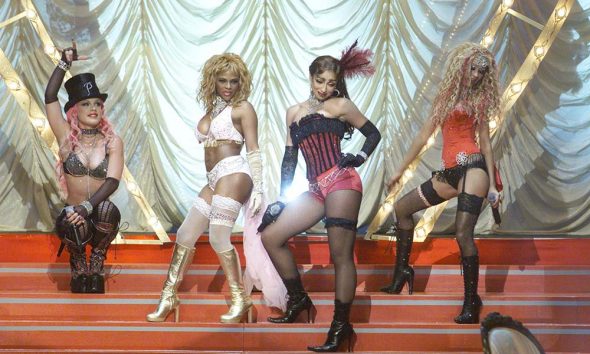
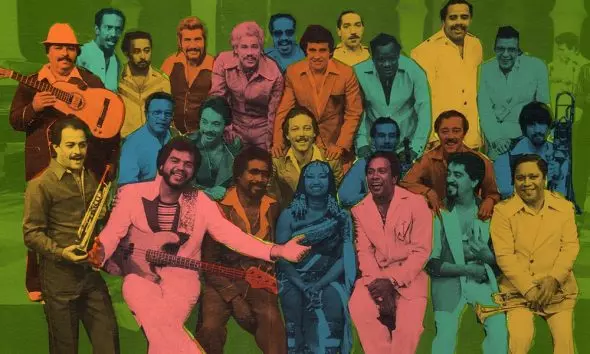


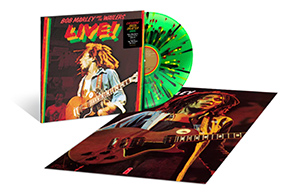
Roman
September 18, 2017 at 4:20 pm
0641101424
norron
September 19, 2017 at 12:09 pm
Utube, save your privacy. Use utube.
Bartholomeow
September 25, 2017 at 9:54 pm
“Sky Pilot” by Eric Burdon & The Animals was another one that hit home for me.
jbmelwee
September 27, 2017 at 2:11 am
“It’s My Life” by the Animals is played behind Mogie while he is hell bent to enlist
Scott
October 22, 2017 at 1:31 am
No jefferson airplane or doors?
Michael Ward
December 30, 2017 at 3:02 am
I would have though the “real” victims of the Vietnam war would be the estimated 500,000 to !,000,000 civilians who dies while just trying to live in their own country. Funny how the other side does not even get a mention in this report, but then again they are not from the USA so don.t exist.
Dennis G. Blair
January 4, 2018 at 1:36 am
I Can See For Miles – The Who
James Owen
January 18, 2019 at 12:18 am
Fortunately something Ken Burns makes very abundantly clear in the series. Still, what a horrible sentence, ‘the real victims (are only American)…’